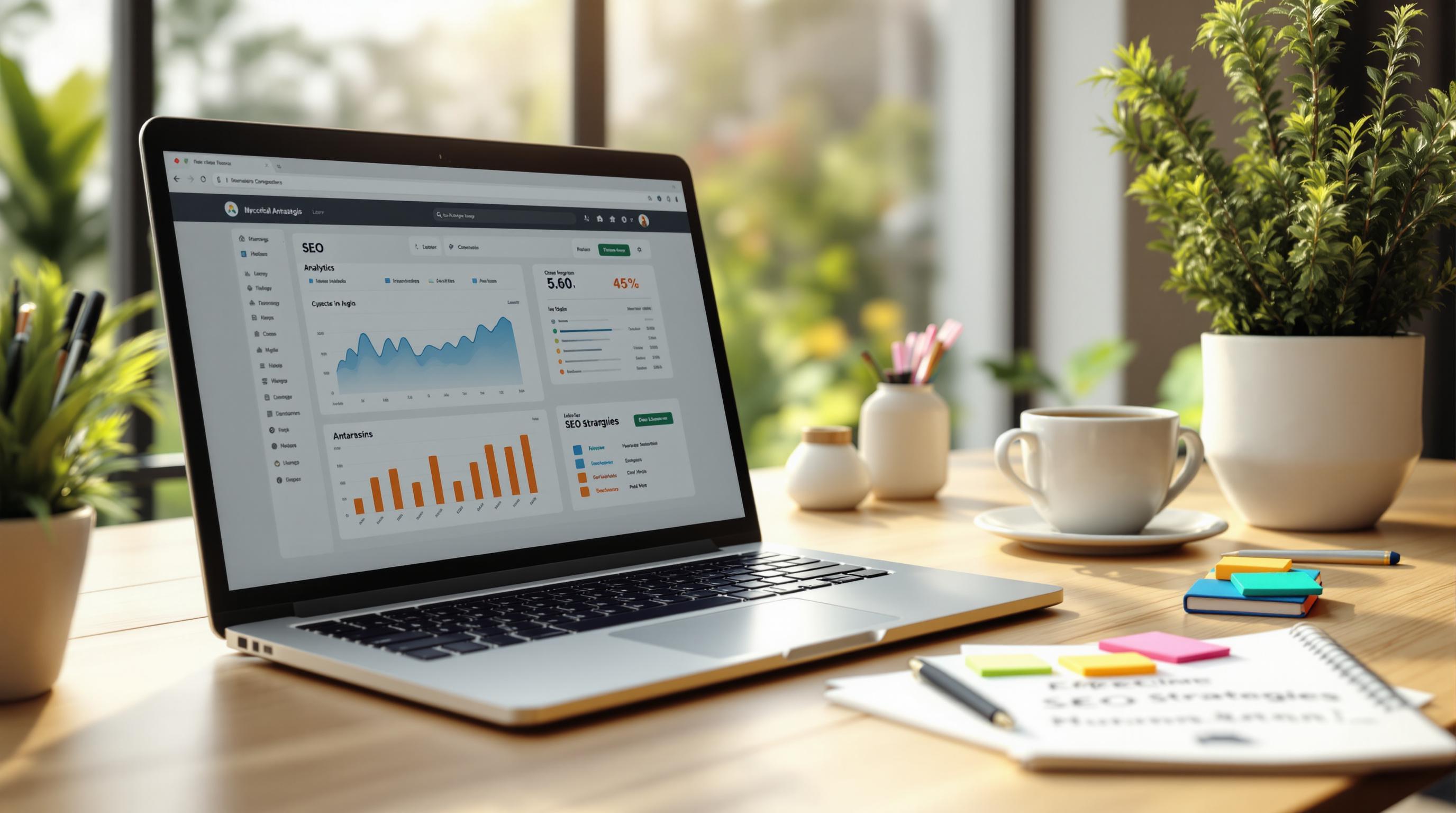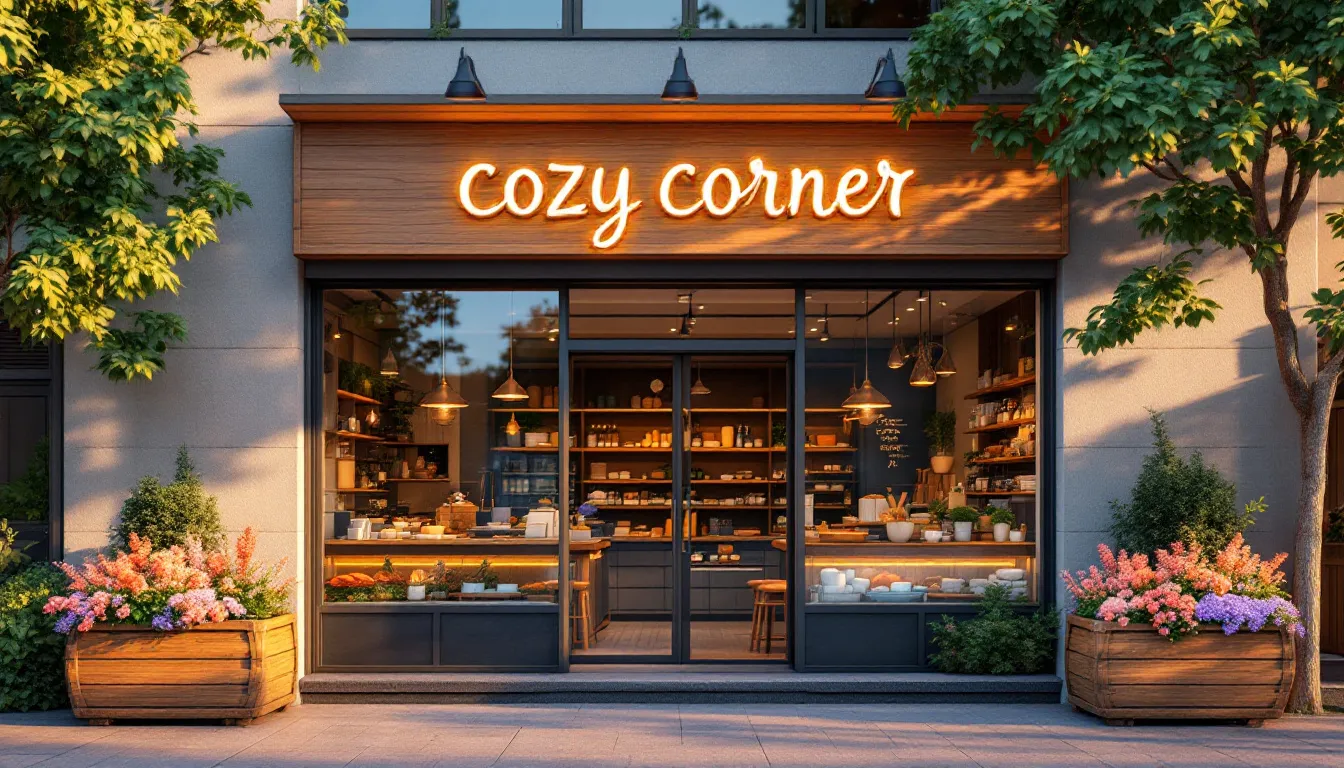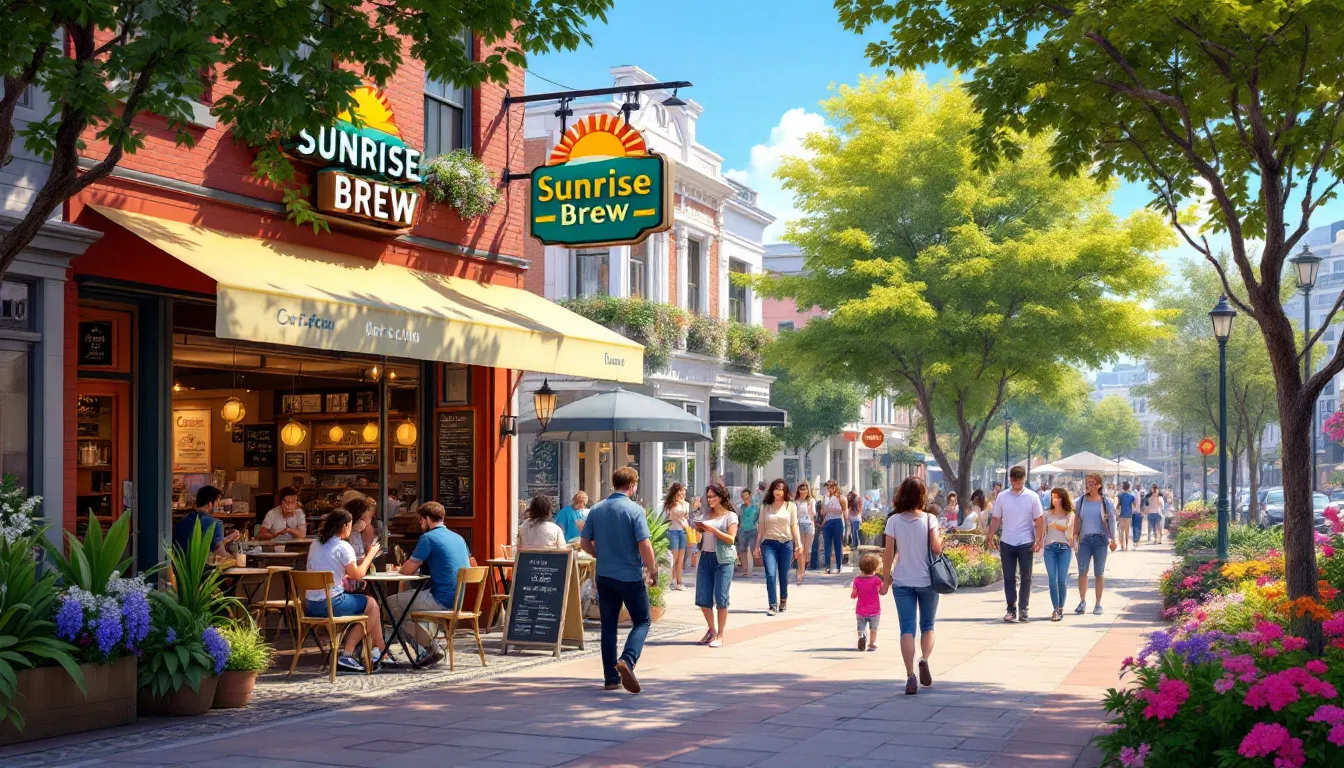Want to improve your local SEO and get noticed in your community? This checklist shows you how to build local resource page links that drive traffic and boost rankings. Here's a quick overview:
- What Are Local Resource Page Links? Backlinks from trusted local websites or directories that list businesses or resources in your area.
- Why They Matter: They bring targeted traffic, improve your Google rankings, and establish your local presence.
- Who Should Use This Checklist? Small business owners and marketers looking to grow local visibility.
Steps to Build Local Resource Page Links:
- Find Resource Pages: Use Google search like
"[your city] inurl:resources"to locate relevant pages. - Optimize Your Website: Ensure consistent business info (NAP), add local content, and update metadata.
- Create Link-Worthy Content: Develop guides, event calendars, or directories that people find useful.
- Reach Out: Personalize emails to resource page owners, showing how your content adds value.
- Track Progress: Use tools like Ahrefs or Moz to monitor links, domain authority, and local relevance.
Pro Tips:
- Focus on pages with a domain authority (DA) over 30.
- Avoid low-quality directories with outdated content or excessive ads.
- Build real relationships with local businesses and community organizations.
Tools to Help:
- Ahrefs/Semrush: Find and evaluate link opportunities.
- Check My Links: Spot broken links on resource pages.
- Spreadsheets: Track outreach efforts and follow-ups.
Start small. Target 10-15 high-value resource pages, stay organized, and focus on quality over quantity. Building strong local links takes time, but the results are worth it.
Checklist for Building Local Resource Page Links
Find Local Resource Pages
Want to build local links that pack a punch? Start by searching for resource pages in your city. Here's a pro tip: type "[your city] inurl:resources" into Google (like "Chicago inurl:resources"). This helps you find pages that list local resources.
Focus on pages with domain authority over 30 - they're the ones that'll give your site the biggest boost in local search. SEO tools can make this search way easier.
Improve Your Website for Local SEO
Before you start reaching out, get your house in order. Make sure your business name, address, and phone number (NAP) are exactly the same everywhere they appear. Build location pages that mention nearby landmarks and local spots naturally - this shows resource page owners you're truly part of the community.
Don't forget your metadata! Add your city and service area to help resource page curators find you.
Create Content Worth Linking To
Nobody links to boring content. Period. Create stuff your community actually needs:
- Local industry guides that solve real problems
- Up-to-date event calendars
- Business directories that help neighbors find what they need
- Stories about local success and growth
Think about what would make someone say "Hey, this is useful!" That's the content that gets linked.
Reach Out to Resource Page Owners
When you email resource page owners, make it personal. Show them why your content matters to their visitors. Here's what works:
"Our comprehensive guide to Chicago's small business grants has helped over 200 local entrepreneurs secure funding in 2024. We believe this resource would be valuable for your website's visitors who are looking to start businesses in the Chicago area."
Monitor Your Progress
Keep tabs on your link-building wins with tools like Ahrefs or Moz. But don't just count links - measure what matters:
| Metric | What to Track | Why It Matters |
|---|---|---|
| Domain Authority | 30+ | Higher authority sites pass more link value |
| Local Relevance | Geographic proximity | Closer sites have more local SEO impact |
| Link Placement | Page context | Natural placement in relevant sections |
Important Tips for Successful Link Building
Focus on Relevant and Trusted Pages
Want to build local resource page links that actually work? Here's the deal: it's not about getting tons of links - it's about getting the RIGHT ones.
Fire up tools like Ahrefs or SEMrush to check out potential link opportunities. If you run a local restaurant, don't waste time on random business directories. Instead, target community pages where people actually look for places to eat.
Here's what makes a resource page worth your time:
| Feature | What to Check | Why You Need It |
|---|---|---|
| Fresh Content | New updates happen often | Shows the page is alive and kicking |
| Local Connection | Info about your community | Means you'll reach the right people |
| Strong Authority | DA above 30 | Gives your link more punch |
Avoid Low-Quality Pages
Not all links are created equal. Run away from pages that scream "low quality" - you know the ones. They're loaded with annoying pop-ups, flashy banners, and random ads that have nothing to do with anything.
Watch out for these red flags:
- Content that looks like it's from 2010
- Links that go nowhere and text full of mistakes
- Business listings that are mostly dead ends
Stick to Ethical Link-Building Practices
Here's what Trident Ranking knows works: build real relationships first, worry about links second. Think about it - would you rather have 50 random links or 10 solid connections with local players who actually send business your way?
Focus on building bonds with 10-15 top-notch resource pages in your area. Get involved - host community events, share success stories about local businesses, or pitch in your expertise where it helps. When you do this right, more linking opportunities often pop up naturally - people talk, and good word spreads fast in local business circles.
Pro tip: These connections can snowball into something bigger. One solid relationship often leads to introductions to other local businesses and websites, creating a network of high-quality links.
Organizing Your Link-Building Efforts
Track Your Outreach with a Spreadsheet
Let's make link building simple and organized. A basic spreadsheet is all you need to keep tabs on your outreach efforts. Here's what to track for each potential link opportunity:
| Column Name | Purpose | Example Data |
|---|---|---|
| Website URL | Target page location | cityname.gov/resources |
| Page Title | Resource page name | Local Business Directory |
| Domain Authority | Site strength metric | DA 45 |
| Contact Name | Primary contact | Sarah Johnson |
| Contact Email | Outreach email | contact@website.com |
| Status | Current stage | Initial Contact Made |
| Follow-up Date | Next action due | Dec 15, 2024 |
| Notes | Important details | Prefers phone contact |
Pro tip: Before adding any site to your spreadsheet, use the Check My Links Chrome extension to make sure the resource pages are still live. This quick check saves you from wasting time on dead ends.
Prioritize High-Value Opportunities
Don't spread yourself too thin by chasing every possible link. Instead, group your opportunities into tiers based on their potential impact:
Top Priority: Focus on .gov domains and community pages with DA scores above 30. These pack the biggest punch for your link-building efforts.
Mid-Level Targets: Look for active local business groups, niche directories, and community sites that show regular activity.
Start small with 10-15 of your best opportunities. This focused approach lets you give each outreach attempt the attention it needs. Pay attention to what works and what doesn't - then adjust your strategy based on how your local community responds.
sbb-itb-2e9e799
Extra Tools and Advice for Better Results
Use Tools to Save Time
Want to speed up your local resource page link building? Here's what works:
- Ahrefs and Semrush: Perfect for checking resource pages before you reach out
- Positional: Makes outreach management simple and organized
- Check My Links Chrome extension: Quickly spots broken links on resource pages
These tools help you find quality link opportunities faster. And if you need extra help, Trident Ranking offers Local SEO services that include resource page link building in their SEO campaigns.
Create Long-Lasting Content
The best content stays useful for years to come. Here's what works well on resource pages:
| Content Type | What to Include |
|---|---|
| Local Guides | Business listings and neighborhood guides that need minimal updates |
| Industry Resources | Core service info and how-to guides that show your expertise |
| Community Info | Event schedules and local resources people actually use |
"The vast majority of resource pages happily link out to any site that's worth linking to." - Brian Dean, Backlinko
Build Local Relationships
Want better results? Focus on building connections with high-authority local websites, especially .gov domains and community organizations. Here's a pro tip: fixing broken links on resource pages can boost your success rate by 2-10x compared to cold emails.
But don't just sit behind your computer. Get out there! Go to local business events, join your chamber of commerce, and get involved in community projects. These face-to-face connections often lead to natural links that stick around longer than those from cold outreach.
Conclusion
Building local resource page links takes time and a clear plan. Let's look at what really matters: According to Ahrefs' research, pages that rank at the top have 3.8 times more referring domains than their competitors. This shows why you need links from different types of websites.
Want your resource pages to attract links? Start with content that helps your local community. But here's the catch - you need to set up your website properly first. This means:
- Adding content about your specific location
- Getting your NAP (Name, Address, Phone) details right
- Creating resources that actually help people in your area
Here's what to focus on when building links:
| Link Source | Why It Matters |
|---|---|
| .gov/.edu Sites | Best quality, highest trust |
| Chamber Resources | Local authority, good reach |
| Community Pages | Direct local impact |
Ready to start? First, check your current backlinks to see what you've got and what you're missing. Use the tools we covered earlier to find resource pages that match your goals.
Here's what works: Make your outreach personal. Generic emails won't cut it anymore - you need to show resource page owners why your content helps their audience.
Keep track of everything in a spreadsheet. Start with the best opportunities, and don't forget to follow up. Building links is like growing a garden - it takes time and care, but the results are worth it.
Pro tip: Don't chase every link you can find. Pick the ones that make sense for your business and your community. Quality beats quantity every time.
FAQs
What is the keyword inurl resources?
The "inurl:resources" search operator is a handy tool that helps you find resource pages on the web. It works by looking for websites that have the word "resources" in their URL, along with your target keywords.
It's especially useful for local SEO - you can find resource pages specific to your city or region. For example, typing "Chicago business inurl:resources" will show you resource pages focused on Chicago businesses.
Here's what different search combinations can help you find:
| Search String Example | What It Finds |
|---|---|
| "local business inurl:resources" | Resource pages about local businesses |
| "community services inurl:resources" | Community service resource directories |
| "small business inurl:resources" | Small business resource listings |
"Using specific search strings like 'keyword inurl:resources' can help find relevant resource pages efficiently. Focus on resource pages with high domain authority and relevance to your niche for better link-building opportunities."
Pro tip: Combine this search method with tools like Ahrefs or SEMrush to check how strong these resource pages are. This helps you pick the best pages for your link-building efforts.
Want better results? Add your location to the search. If you're in Miami, try "Miami business inurl:resources" - you'll get resource pages that matter to your local market.



